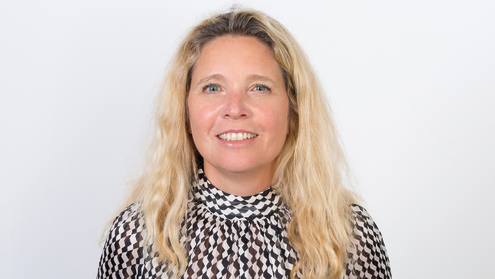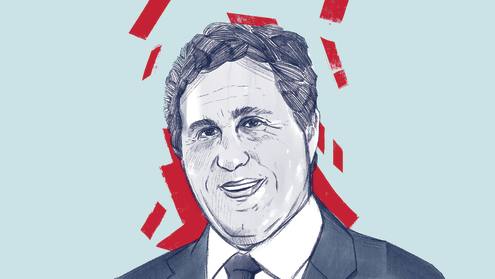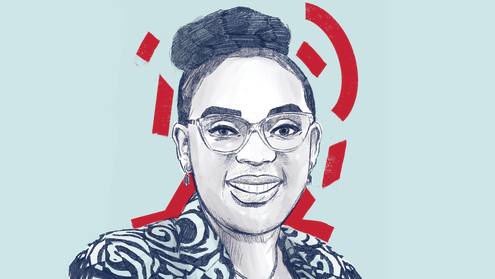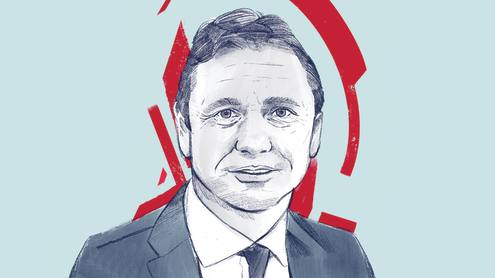Standard Chartered chief executive Bill Winters was brought into the role to breathe life into the ailing London-based emerging markets specialist. Despite encouraging interim results for 2016, after posting losses in 2015, market challenges remain. These have been exacerbated over the past months by political uncertainty induced by the apparent rise of protectionist rhetoric and populism in the West, most notably with the election of Donald Trump as the next US president.
Speaking to The Banker in London at the Financial Times Banking Summit on November 16, Mr Winters goes back to the fundamental issues behind the current political climate.
“The underlying cause of populism is a push back on globalisation and a push back on the way the value of globalisation is shared,” he says, pointing to data analysing how corporate profits were split between labour and capital over the past decades, where the former enjoyed a much larger take-up than the latter until the time China entered the World Trade Organization (WTO) – after which time the figures begun to converge and switch.
“It’s not obviously all [due to] China, not all [due to] the WTO accession, but there’s something there. Capital gets wealthier and labour relatively poorer. [This is] unlikely to survive in a democratic world. So you either ditch democracy, which I wouldn't advocate, or you make some accommodations,” he adds.
End of TPP?
This gives way to a potential new world order, certainly within the frame of international trade. The Trans-Pacific Partnership (TPP) is a case in point. Seen as a US attempt to reassert its global leadership status and undermine China’s growing economic influence by keeping the Asian country out of the 12-country trade agreement, the TPP is now considered defunct.
Not ratified in the US before the presidential elections, the incoming president raucously opposed it during the electoral campaign – echoing growing widespread resentment about international trade. This rejection could pave the way for Asia’s alternative trade bloc, the Regional Comprehensive Economic Partnership, promoted by Beijing as a TPP rival.
What does this mean for a bank like Standard Chartered? “Potentially, quite a lot – we’re a trade bank,” says Mr Winters. "Our business is cross-border, dealing with emerging markets; we’re in the line of fire if there’s a China-targeted trade war.”
“[But] that would be offset by the response to a US-initiated China-targeted trade war, which would be, inevitably, regional trade blocs that absorb much of the trade in and out of the US. And that’s happening in any case: China is internalising its supply chain, internalising its distribution chain by focusing more on a consumer-led economy, and building extensive relationships with the rest of the Association of South-east Asian Nations, getting into south Asia, obviously [in] Africa, to internalise its trade flows so that they’re not reliant on the US.”
Guardian no more
This trend, notes Mr Winters, is independent from whichever policy decisions the incoming US administration takes as the rest of the world reorganises itself to reflect the rebalancing of powers. A potentially more inward-looking US, in economic terms, will also change its role as the guardian of world order.
Other countries are not going to rely on the US for security, at least not with the same degree of certainty of the past, “that would be imprudent”, says Mr Winters. The alternative? “China. You go to the other guy; how could it possibly not happen? It happened before the elections in the Philippines. And you’re going to focus less on distribution to the US market, you’re going to focus less on taking exports from the US market, you’re going to focus less on acquiring US technology – you’re going to focus on developing technology yourself. All these things began before the [US] elections. They’ll be catalysed post the new administration and there’ll be great opportunities there for an emerging markets bank.”












